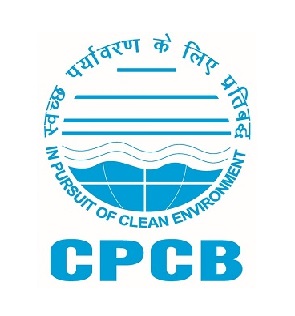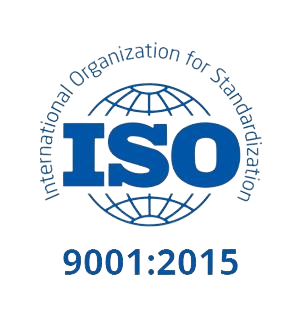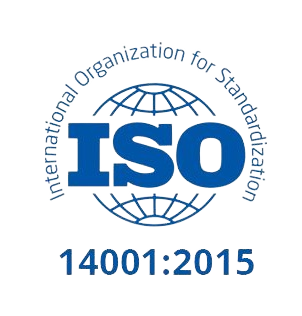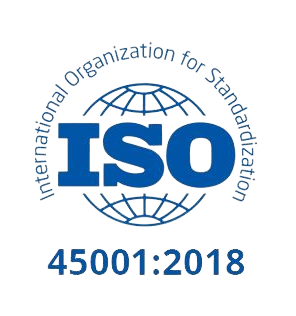Our Services

Awareness
In the age of technology, where electronic gadgets have become an indispensable part of our lives, the issue of electronic waste (e-waste) is reaching alarming proportions. With the rapid advancement of technology and shorter product lifespans, the need for responsible e-waste management has never been more critical. To combat this growing crisis and promote environmental stewardship, we present “GCR Campaign,” an awareness Initiatives aimed at empowering individuals, communities, and industries to make informed choices and take action for a sustainable future.
Objectives of the Campaign:
- Raise Awareness: The primary goal of the “GCR Initiatives” Initiatives is to raise awareness about the detrimental impact of e-waste on the environment, human health, and local communities. We aim to educate people about the proper disposal and recycling methods for electronic devices.
- Encourage Responsible Consumption: The Initiatives seeks to promote responsible consumption by encouraging individuals to make informed decisions when purchasing electronic gadgets. By choosing products that are designed for longevity and recyclability, consumers can play an active role in reducing e-waste.
- Foster Recycling and Resource Recovery: “GCR Initiatives” will advocate for the establishment and promotion of formal e-waste recycling centers that adhere to environmentally friendly practices. We aim to increase recycling rates, ensuring that valuable resources are recovered from discarded electronics.
- Empower Informal E-Waste Workers: We recognize the contribution of informal e-waste workers while acknowledging the health risks they face. The Initiatives will focus on transitioning them into safer and more formalized recycling jobs with proper training and support.
The “GCR Initiatives” Initiatives seek to turn the tide on the growing e-waste crisis by empowering individuals and industries to make sustainable choices. Through education, responsible consumption, and proper recycling initiatives, we can create a greener and cleaner future for generations to come. Together, let’s take a stand against e-waste and build a world that is truly “GCR Initiatives.”

Consulting
Our E-waste management services help businesses, organizations, and governments manage electronic waste (e-waste) in an efficient, sustainable, and environmentally responsible manner. E-waste refers to discarded electronic devices such as computers, mobile phones, televisions, refrigerators, and other electronic and electrical equipment.
The objective of e-waste management is to address the challenges posed by the increasing volume of electronic waste and its potential environmental and health impacts. Our consulting services offer expertise and guidance on various aspects of e-waste management, including:
- Regulatory Compliance: We help organizations comply with e-waste regulations and guidelines. We assist in understanding the legal requirements related to e-waste collection, transportation, recycling, and disposal.
- Waste Audits and Assessments: We conduct waste audits to evaluate the types and quantities of e-waste generated by a business or organization. Based on the assessment, we provide recommendations for more effective waste management practices.
- E-waste Collection and Recycling Solutions: We advise on establishing efficient collection systems for e-waste, ensuring proper recycling as per regulations.
- E-waste Disposal Strategies: Proper disposal of hazardous e-waste components is crucial. We help our clients identify appropriate disposal methods, ensuring that hazardous materials are safely treated and managed.
- Public Awareness and Education: We offer to create awareness campaigns to educate the public, employees, and stakeholders about the importance of responsible e-waste management and recycling.
- Data Security: For businesses, data security is a critical concern when disposing of electronic devices. We help implement secure data destruction practices to prevent data breaches during the recycling process.
With our services, our client can enhance their sustainability efforts, meet regulatory obligations, and contribute to a cleaner environment by reducing the negative impacts of e-waste on human health and ecosystems.
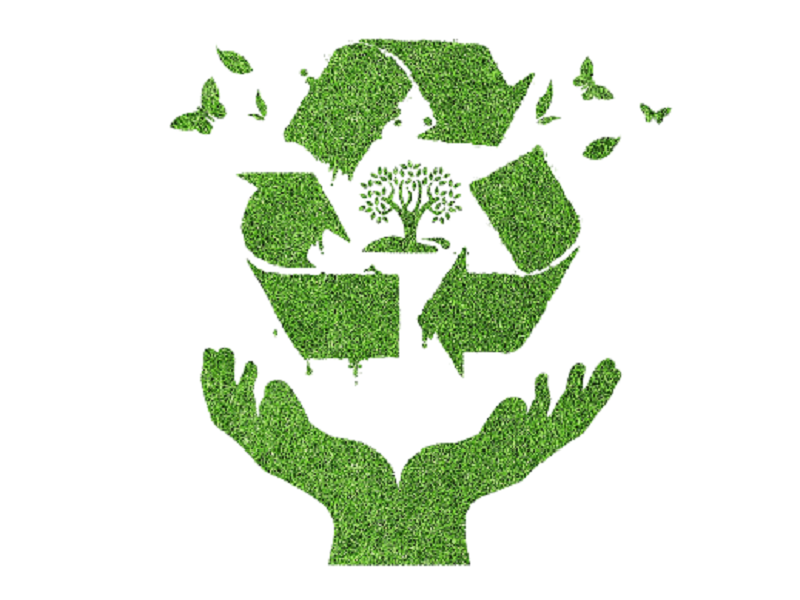
Implementation
As an authorized recycler and consultant for Electronic waste management, we can implement and manage the functioning E-Waste Management program for the organization to fulfill their objective. Our implantation program is design to recover valuable resources, reduce the environmental impact of electronic waste, and promote a circular economy where materials are reused and recycled instead of being disposed of as waste.
Following are the basic steps for the functioning E-Waste management:
- Collection: E-waste is collected from various sources, including households, businesses, and electronic waste disposal centers. Collection centers, drop-off points, and e-waste drives are used to gather the discarded electronic items.
- Sorting and Segregation: Upon collection, the e-waste is sorted into different categories based on its type, size, and material composition. Segregation is crucial as it allows for more efficient and effective recycling.
- Dismantling: In this stage, the devices are dismantled to separate the different components and materials. Technicians carefully disassemble the electronics, taking care to extract valuable components for recycling.
- Data Destruction: If the e-waste contains sensitive data, such as in the case of computers and smartphones, data destruction methods are employed to ensure the complete erasure of data.
- Hazardous Material Removal: E-waste may contain hazardous substances like lead, mercury, cadmium, and brominated flame retardants. These hazardous materials are safely removed and segregated for proper disposal or treatment.
- Material Recovery: The e-waste is processed to recover valuable materials like gold, silver, copper, palladium, and rare earth metals. These materials are extracted through various mechanical and chemical processes.
- Plastics Recycling: The plastics from electronic devices are separated, cleaned, and processed for recycling or repurposing.
- Metal Refining: Valuable metals are further refined to meet industry standards and can be used in the manufacturing of new electronic products.
- Eco-friendly Disposal: The non-recyclable and hazardous components are disposed of in an environmentally responsible manner, following the guidelines of environmental regulations.
- Environmental Compliance: E-waste recyclers must adhere to environmental regulations and standards to ensure that the recycling process does not harm the environment or human health.
- Quality Control: Throughout the recycling process, quality control measures are implemented to ensure that the materials are properly separated and processed.
- Certification and Audits: Responsible e-waste recycling facilities often obtain certifications from recognized organizations to demonstrate their compliance with environmental and safety standards. Regular audits are performed to maintain the quality and integrity of the recycling process.
Do You Care About The Earth Like We Do? Get Involved!
